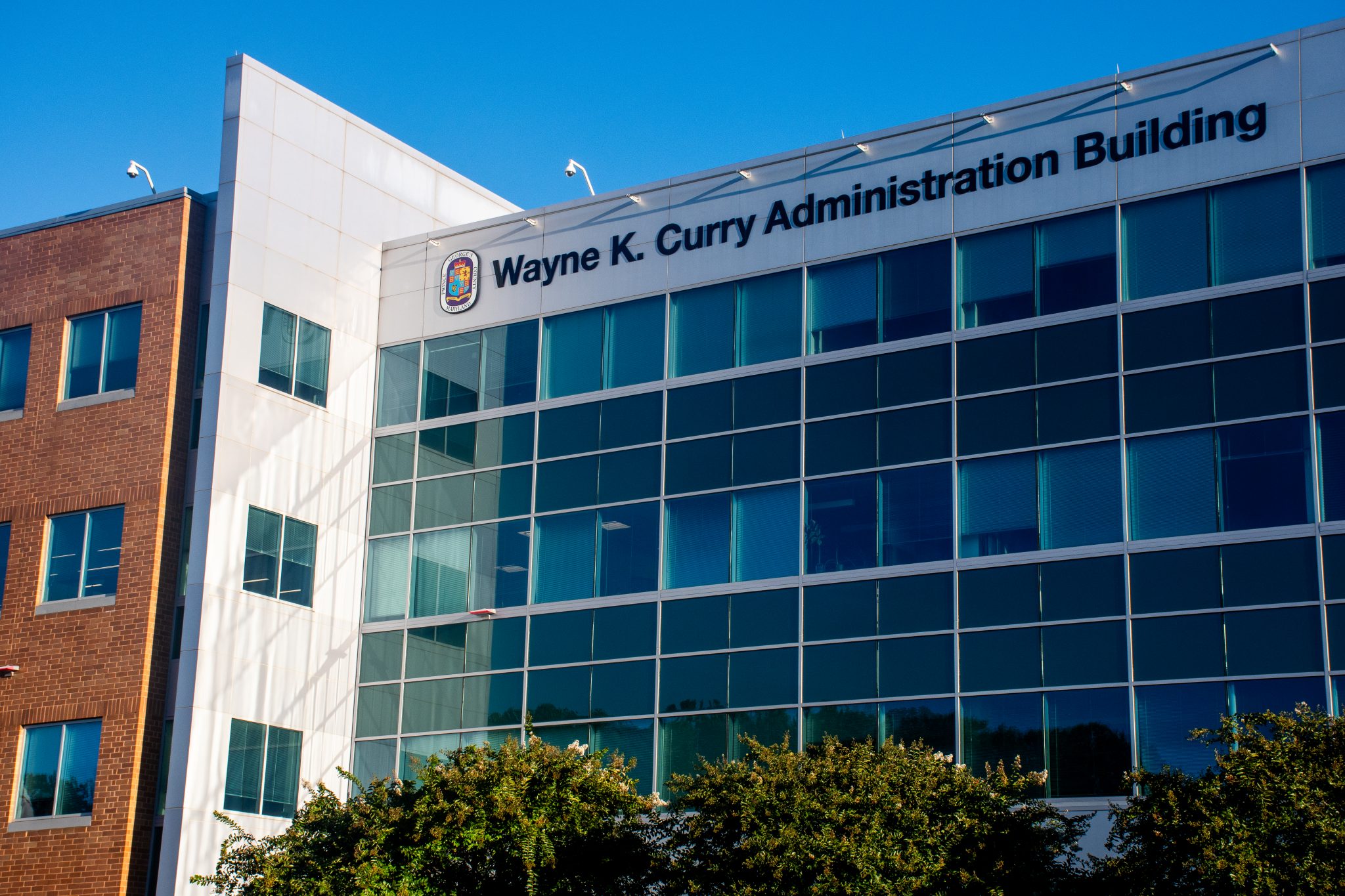The Prince George’s County Council unanimously voted to pass a bill Tuesday that would improve mental health care for formerly incarcerated individuals across the county.
The bill calls for the county to create crisis response teams made up of social workers, peer support experts and trained mental health professionals. Under the bill, the county will work with local organizations, advocacy groups and medical professionals.
During the council’s health, human services and public safety committee meeting on March 18, District 7 council member Krystal Oriadha — the bill’s sponsor — said the bill provides the county an opportunity to advocate for improving mental health resources in the criminal justice system.
“We want to make sure that they are coming back home whole and with all of the resources needed,” Oriadha said. “This is our opportunity to just stand in solidarity with the work that they’re already doing and saying this is something that Prince George’s County stands in support of.”
According to the National Alliance on Mental Illness, about 40 percent of incarcerated individuals have a history of mental illness — twice the rate of the overall adult population. About sixty percent of this population does not receive any mental health treatment while incarcerated, according to the alliance.
The bill hopes to provide in-depth evaluations of incarcerated individuals and treatment programs to address short and long-term mental health challenges. It also aims to train and educate mental health professionals working with incarcerated individuals.
[Prince George’s County to reduce funding for most departments in proposed budget]
The bill also endorses the People’s Response Act, a federal bill that aims to provide increased funding for local and state governments to improve the response to mental health emergencies and other mental health resources.
If passed, the People’s Response Act would establish a new division within the U.S. Department of Health and Human Services to create grants to help fund community safety initiatives. The initiatives include implementing unarmed first responder programs, improving housing security programs and increasing access to behavioral health treatment and support.
The act would help fund programs included in the bill and eventually contribute to mental health reforms within the county, according to Oriadha.
[PGCPS school board approves $2.9 billion budget amid funding cuts]
Sakinda Skinner, the county executive’s liaison to the council, said during the March 18 meeting that the county administration supports the legislation.
“This resolution… encourages the council and the county at large to support returning citizens to make sure they have the support and holistic services needed to reduce recidivism,” Skinner said during the meeting.
But Skinner urged the council to understand the financial implications of implementing the mental health programs amid federal funding challenges.
Many federal agencies are experiencing financial uncertainties as Elon Musk’s Department of Government Efficiency plans to freeze trillions of dollars in grant funding, the Associated Press reported in February.
During the March 18 meeting, Martin Mitchell, a representative from Life After Release, an organization that supports formerly incarcerated individuals, voiced his support for the legislation. Mitchell said that serving time in prison can often exacerbate mental health challenges for individuals.
“By investing in community-based crisis intervention teams, peer support specialists and trained mental health professionals, we can ensure that those in crisis receive care rooted in dignity and compassion, rather than punishment and incarceration,” Mitchell said.



